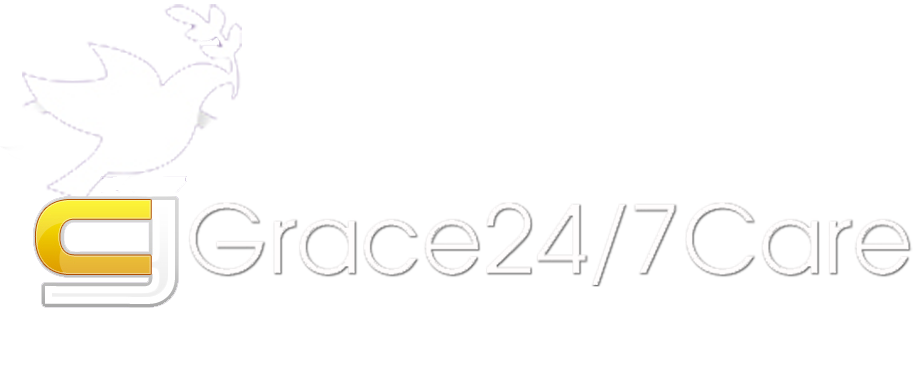As our loved ones get older, we may sometimes notice different behaviors and wonder: “ Is this a sign of early dementia or is it just aging?” Although dementia has become a more familiar word in our culture due to a rise in diagnoses, it is not a normal part of the aging process. Memory loss is part of the natural aging process and it is not always a sign of dementia.
Dementia is not a specific disease rather, a group of symptoms indicating at least two problems with brain function. Common symptoms severe enough to interfere with daily functioning may include memory loss, impaired judgement and decline of language and social abilities. Recognizing the signs of normal aging vs. signs of dementia can be helpful in knowing when it may be time to seek the help of a medical professional.
Below are some signs to look out for:
Signs of Normal Aging
- Body and brain slow down
- Intelligence remains stable
- Less mentally and physically flexible
- Takes longer to process information
- Greater difficulty remembering names or places
- Losing items once in a while
- Sometimes forgetting which word to use
Signs of Mild Cognitive Impairment (MCI)
- Memory loss severe enough to be noticeable to others
- Memory loss shows on mental function tests
Note: Although it may not be serious enough to interfere with daily life, MCI increases the risk for developing Alzheimer’s Disease. Keep in mind, however, that not everyone diagnosed with MCI progresses to Alzheimer’s or other types of dementia.
Signs of Dementia
- Memory loss affecting daily life
- Recent memory loss
- Difficulty with language (speaking, writing, reading, understanding spoken word)
- Difficulty understanding symbols, maps etc.
- Diminished depth perception
- Difficulty planning, reasoning, problem solving and focusing on a task
- Getting lost in familiar places
- Repetitive questioning
- Repeated falls or loss of balance
- Odd or inappropriate behaviors
- Changes in hygiene
- Increased apathy
- Changes in diet/eating habits
Early detection of dementia can be difficult. Symptoms such as short term memory loss is also one of the primary symptoms of stress. Some of the signs above may also be related to other causes such as depression and dehydration. If you feel that something is not right or are concerned with you or your loved one’s memory, speak to a physician. A physician may be able to give you the peace of mind that you will not find in others. The lists above are an informal guideline to help recognize changes that are common in aging and dementia and you should always speak to a professional to get an accurate diagnosis.
Your lifestyle, daily activities and health habits can have a big impact on your brain health. Treat your brain just like you would a muscle, nourish it and train it consistently to see the best results. There are many ways to improve your cognitive strength that may in turn help protect your brain as you age. Stay active, eat healthy, keep stress to a minimum and get good night’s sleep. Your healthy lifestyle will not only benefit you and your brain, but it will also inspire those around you.
Source – Caregivers Inc.
